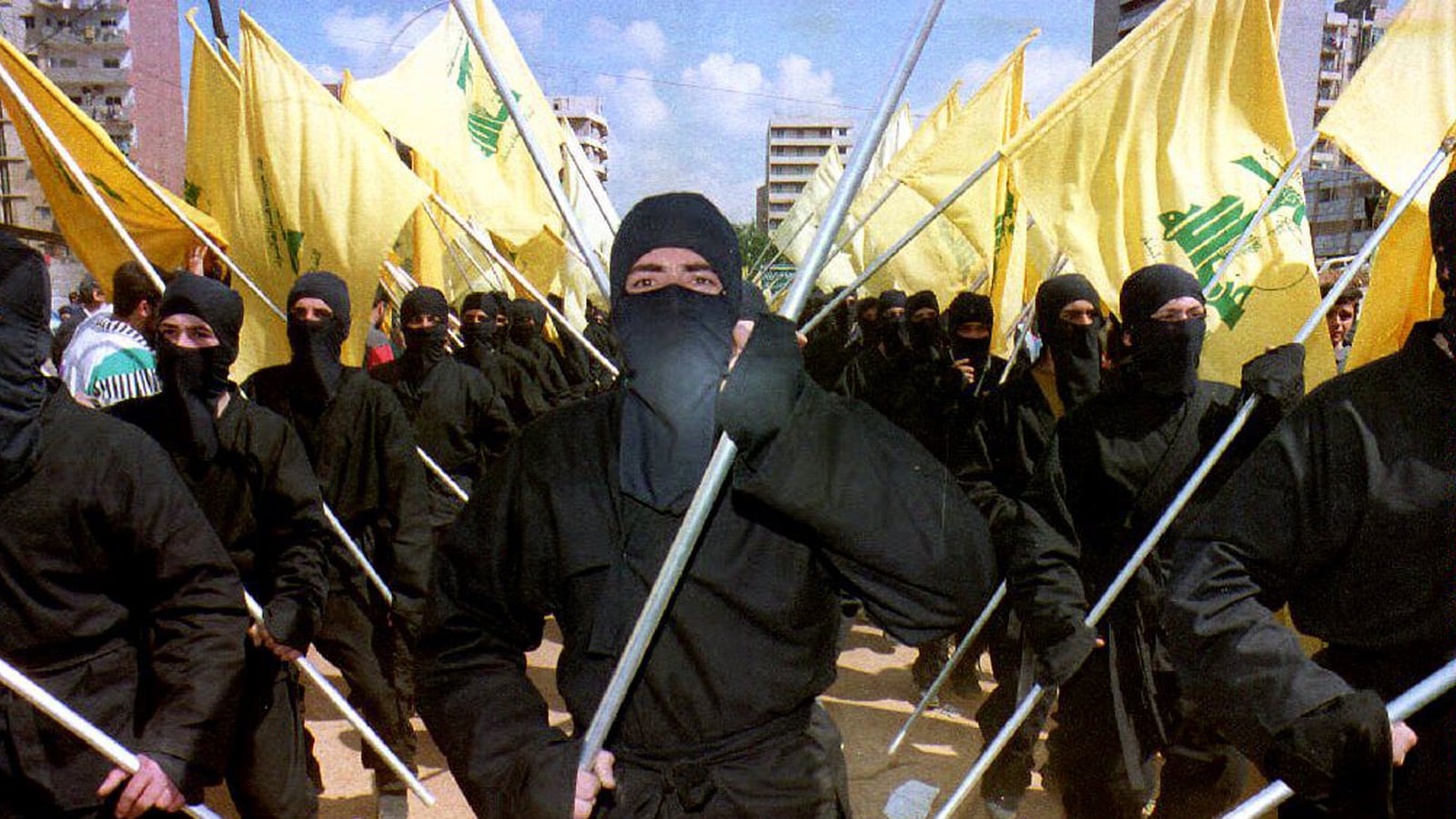TRIPOLI, Lebanon — He is a revolutionary man, this 46-year-old Sunni, Salafist sheik and father of six with the graying beard, twinkling dark eyes, immaculately ironed thawb and manicured fingernails. He endorses the jihadist-led uprising against the Shia-dominated regime in Iraq and he warns the marginalization of Sunni Muslims will lead to an insurrection in Lebanon, too. “The way they are dealing with us they are pushing us to it,” he says.
“They” are Hezbollah, the militant Lebanese Shia movement, and its patron Iran, working with the Americans and Israelis. (Yes, it is an unlikely combination, but in the conspiracy-minded Middle East, all your enemies must be each other’s friends.)
Sheikh Mohammed Gamil Nizah, also known as Abu Houzaifa, is one of a growing band of revolutionary Salafist clerics in Lebanon agitating for a revolt against Shia dominance. One can talk about the delicate balance of Christians, Druze, Sunnis and Shia in this country, with its patchwork government apportioned by sect. But there’s little question the dominant power on the ground is Hezbollah.
In Abu Houzaifa’s view, if his Sunni co-religionists have had the gumption to rise up against the Shia-Alawite suzerainty of Bashar Assad in Syria and Iraq’s Nouri al Maliki, why shouldn’t they follow suit and take Hezbollah down a peg or two?
Abu Houzaifa’s voice climbs higher in pitch and volume and his finger starts jabbing the air. “Hezbollah is kidnapping Lebanon,” he says. “It is only loyal to the Iranian leadership,” he concludes with a crescendo.
The sheikh’s views are not out of step with sentiment on the streets of Tripoli, where anger is mounting at Hezbollah, its political domination of Lebanon and its role fighting Sunni rebels in Syria.
On Sunday, large protests were mounted across Tripoli to demand the release of dozens of Sunni militants held in prison over alleged involvement in terrorism or violence.
On the main shopping street of downtown Tripoli, meanwhile, souvenir shops are doing a brisk trade in pennant flags and stickers promoting Jabhat al-Nusra, the al Qaeda affiliate fighting against Assad.
The owner of one store, who declines to give his name, says he sells far more al Nusra mementos than Hamas pennants, or, for that matter, those of World Cup teams. It’s just a matter of commercial common sense, as he sees it: “I sell al Nusra flags throughout the year; the World Cup is just for a couple of weeks.”
Abu Houzaifa understands all this quite well. “No doubt people support the Islamic revolutions in Syria and Iraq,” he says, “and they are the most honest revolutions because they have managed to break the Shia crescent across the region.”
Will he get specific about support for al Nusra or the “caliphate” established by the extremists who used to be known by the acronym ISIS? No, the sheikh waxes Jesuitical, neither condemning nor condoning—but letting it be understood he’s sympathetic.
As Abu Houzaifa speaks in a bare room in a mosque in the El Kobbe district of Tripoli, a handful of supporters glance at a bank of closed-circuit television screens beaming images of the approaches to the mosque located in a trash-strewn wasteland between apartment blocks. The sheikh is ready to flee if the Lebanese security forces, considered to be in thrall to Hezbollah, make a move to arrest him.
Earlier this month Salafist cleric Hussam as-Sabbagh was arrested in Tripoli on charges of “setting up armed bands and training terrorists,” something as-Sabbagh and his supporters deny. Lebanese security officials claim there are growing links between Salafi agitators and jihadists, who have been recruiting in Lebanon and have pushed the country to the edge of bloody fighting with more than a dozen suicide bombs on Shia strongholds in the past year.
Lebanese officials also say the jihadist infiltration is a bid to use Lebanon as a base for global jihad, to recruit for the civil war in neighboring Syria—and to trigger an Islamic revolution in Lebanon, too.
Last summer supporters of a fiery Sunni preacher, Sheikh Ahmad al Assir, fired on an army checkpoint in the southern Lebanese city of Sidon, triggering two days of clashes that left 46 dead, including 18 soldiers. Abu Houzaifa says he sympathizes with al Assir, who is now on the run.
“Because of what the [Shia] tyrannies are doing, that is why the Sunnis revolted in Iraq and why the Sunnis went against the regime in Syria, and what is happening nowadays in Tripoli is the start of a revolution because Hezbollah dominates the military and security and because of the arrests,” says Abu Houzaifa.
“The revolution,” he says, “will happen soon.”





